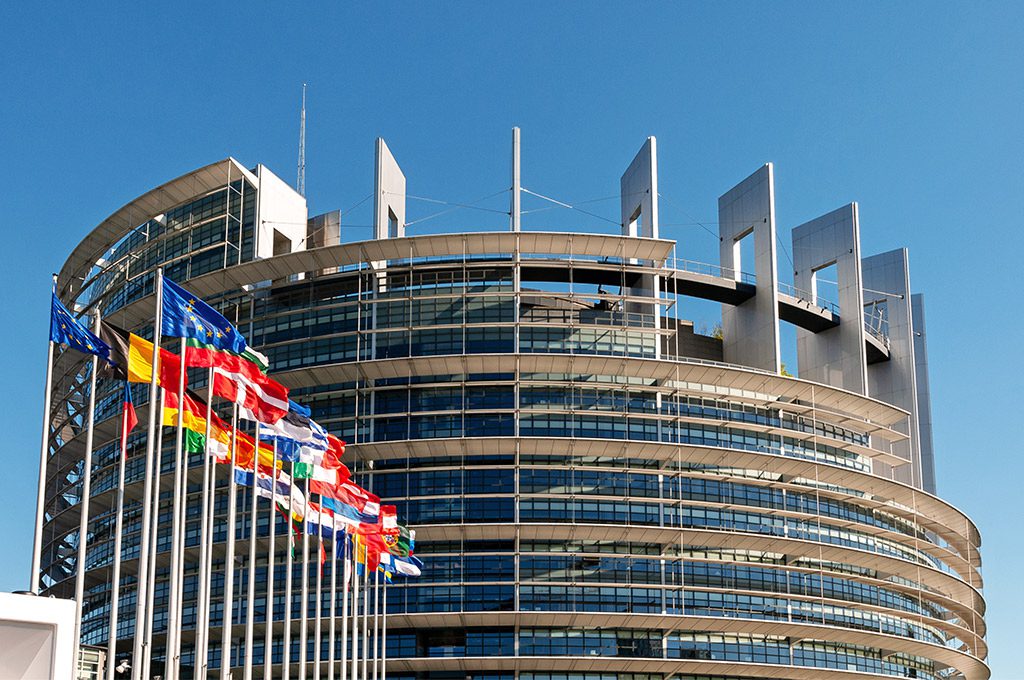
IESE Insight
The dawning of a new geopolitical landscape for business and the economy
There are three main fault lines in the current geopolitical landscape: wars in Ukraine and Israel, confrontation between the U.S. and China, and limitations of the European project.
Geopolitical fragmentation is altering the economic and business environment, and it is no coincidence that the search for efficiency has given way to a new multipolar era: the post-Pax Americana.
IESE Professor Jordi Gual and Pol Morillas, director of the Barcelona Centre for International Affairs (CIDOB), analyzed the main transformations in the session “Changes in geopolitics and their effect on the economy and business.”
The Middle East. Morillas sees three fundamental drivers of the latest confrontation: the Gaza security breach; the Israeli political crisis caused by an ever more hardline government and Israeli civil protests; and the tactical error of underestimating the security threat.
Financial markets have reacted relatively calmly. Investors are so used to geopolitical conflicts that the S&P500 even closed slightly higher on October 7, the day of the Hamas attack. Gual feels the impact on oil prices will likely be modest, so long as the conflict doesn’t spread throughout the region. The geopolitical shock may, however, lower central banks’ growth expectations, leading them to rethink their monetary policies in this fragile economic moment, when inflation is not yet under control. This would result in less aggressive central bank policies.
Ukraine. The conflict between Russia and Ukraine has become a war of attrition. It will be crucial to observe to what extent both sides can sustain the war, not only operationally but also from political and economic standpoints. In the United States, certain segments of the Republican Party are showing fatigue with support for Ukraine, and there are growing doubts as to whether a U.S. president other than Joe Biden would maintain military backing.
According to Morillas, growing war fatigue could lead to a resolution of the conflict for the sake of regional peace, with Ukraine sustaining a loss of territory. Such a solution would be far from the Western alliance’s current vision.
Moreover, the European Union has adopted a political stance by promising Ukraine future EU membership. Negotiations are due to start at the end of 2023. But the challenges of accession for a country currently at war, whose economy is predominantly agricultural and whose living standards are low, are not minor. EU member states also differ on what role Russia should play in the future: some countries see it as the main threat to Europe, while others believe it will eventually be necessary to resume business relations.
The United States and China. Both countries aim to delineate their areas of influence, using foreign policy and defense to boost their economies and international trade. At the same time, there’s a high degree of interconnectedness and interdependence between the two economies. According to Morillas, the world is facing a “bipolar interdependence” — forced to choose between China and the United States, while remaining subject to their co-dependency.
The major powers are using their economic, foreign and defense policies to improve their own positioning, at the cost of international cooperation. Multilateral organizations (such as the WTO, WHO and United Nations) are in the midst of major crises and are struggling to find consensus to deal with serious global problems.
Meanwhile, other emerging powers are making their way onto the international stage with the weight of their growing economies and populations. The BRICS “share the narrative that the world no longer belongs to the West,” says Morillas, because world economic growth has become decentralized.
The European Union. The tragedy of the EU is its inability to align economic policy with defense and foreign policy. Economic complexity is intensified by the fact that 20 countries with different economic realities share the same currency, says Gual. A case in point is the difficulty of mounting a unified response to the energy crisis. On a political front, the EU is hampered by a system that continually oscillates between intergovernmental cooperation and local community interests. This makes it difficult to formulate a coherent geopolitical strategy.
Morillas anticipates little change in the next legislative cycle, as political power in Europe continues to be dominated by national rather than EU-wide interests.
For companies, this shifting reality means that strategic choices, such as the sourcing of supplies and target markets, will no longer be based exclusively on cost efficiency but will need to consider resilience and different geopolitical alliances. As such, firms must take a clear-eyed look at the viability of their global strategies and value chains.
